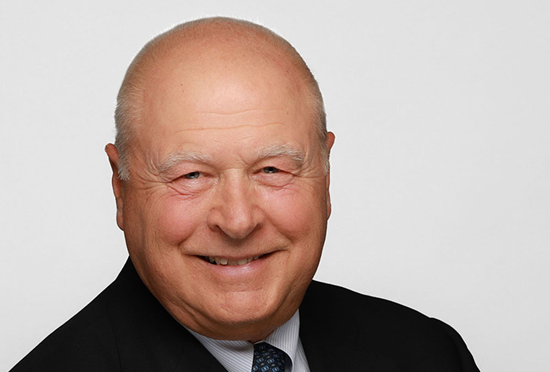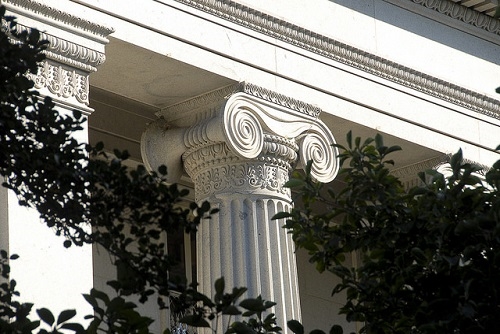Sec lending restrictions eased as Saudi steps up reforms

Saudi Arabia’s market regulator plans to permit securities lending and covered short-selling as part of a series of market reforms designed to attract more foreign investors.
The Capital Market Authority (CMA) said the changes will be introduced in the first half of 2017 and are in-line with its objectives of fostering the development of the country’s capital market and expanding the institutional investment base.
Short selling allows investors to make gains in a falling market by borrowing a security, selling it and agreeing to buy it back at a lower price. It plays an important role in developed capital markets.
Proponents say the practice makes price discovery more efficient, increases market liquidity, smooths volatility and provides investors with a host of risk-management tools.
Last November, Mohammed Al Hashemi, head of asset management at Invest AD (the Abu Dhabi Investment Company), said it was time for Gulf stock market regulators to introduce short selling.
“GCC countries have been reluctant to allow the activity because of concerns that downwards movements in markets would be accelerated or accentuated,” Al Hashemi said, speaking to UAE newspaper The National.
“The relatively low liquidity and limited depth and breadth of regional markets have often been cited as reasons why the practice would be inappropriate.
“But with the UAE and Qatar upgraded to emerging market status by the index provider MSCI, and Saudi Arabia opening up further to foreign investors, the region's markets are now attracting a more sophisticated and global investor base.”
He added that foreign investors would be frustrated in the long term, if they didn’t have access to tools common in other markets.
Saudi’s CMA also plans to lengthen the settlement cycle for listed shares from T+0 to T+2, whereby trades are settled within two working days rather than on the same day.
The moves brings the post-trade set-up in line with developed countries and gives foreign investors more time to execute a trade, particularly as Saudi Arabia’s workweek runs from Sunday to Thursday.
Found this useful?
Take a complimentary trial of the FOW Marketing Intelligence Platform – the comprehensive source of news and analysis across the buy- and sell- side.
Gain access to:
- A single source of in-depth news, insight and analysis across Asset Management, Securities Finance, Custody, Fund Services and Derivatives
- Our interactive database, optimized to enable you to summarise data and build graphs outlining market activity
- Exclusive whitepapers, supplements and industry analysis curated and published by Futures & Options World
- Breaking news, daily and weekly alerts on the markets most relevant to you




